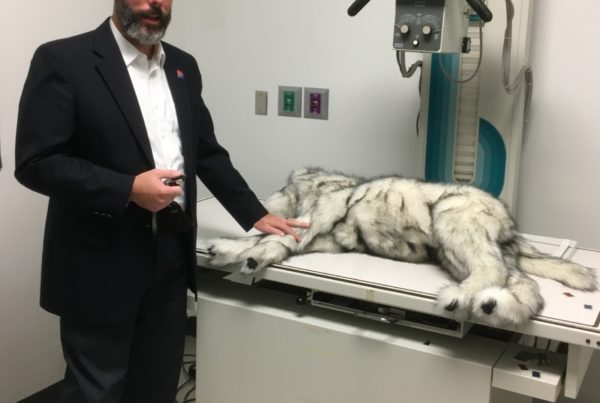For years public health officials have spoken out about the risk of opioid addiction and overdose. More recently, they’ve focused on how the pandemic worsened an opioid epidemic that had started to show signs of improvement.
And now, another setback: a rise in fentanyl overdoses. Fentanyl is a synthetic and highly powerful opioid that has become widely available on the street and often mixed in with other street drugs. Recently Harris County officials confirmed that the painkiller had become the No. 1 driver of overdose deaths in Texas’ largest county, surpassing cocaine.
Joy Alonzo spoke with Texas Standard about why illegal fentanyl is so easy to find now, and what can be done to curb the overdose epidemic. Alonzo is clinical assistant professor at Texas A&M University’s College of Pharmacy, and co-chair of Texas A&M’s Opioid Task Force.
Listen to the interview with Alonzo in the audio player above or read the highlights below:
– There are several reasons for the increase in fentanyl overdoses, including more people self-medicating to treat mental health problems driven by isolation and other effects of the pandemic.
– The federal government’s clampdown on access to legal opioid painkillers forced some dealing with opioid-use disorder to seek painkillers from other, often illegal sources.
– Fentanyl is much cheaper and easier to make than other opioid drugs like heroin, so manufacturers and traffickers have flooded the illegal drug market with it.
– Fentanyl is 125 times more potent than heroin.
– Solutions for the rise in fentanyl overdoses need to be multi-pronged: for one, Texas needs to improve its mental health care system. Alonzo says the state ranks second to last for access to care. If people are better able to treat their underlying mental health issues like depression and anxiety, they will be less likely to self-medicate with illegal opioids.
– Alonzo says Texas also needs to invest in harm-reduction care so that Texans living with opioid-use disorder – in other words, those people who are in the midst of addiction – have access to safe spaces to use the drug where they’re monitored and won’t overdose.
– Lastly, Alonzo says Texas needs to improve long-term treatment options for people with substance-use disorder, who are working to end their dependence on opioids.
“[Texas needs] long-term treatment for folks that need this care to recover from opioid-use disorder, which is a real disease with real doctors and real treatments and evidence-based protocols. And you can recover,” Alonzo said.














